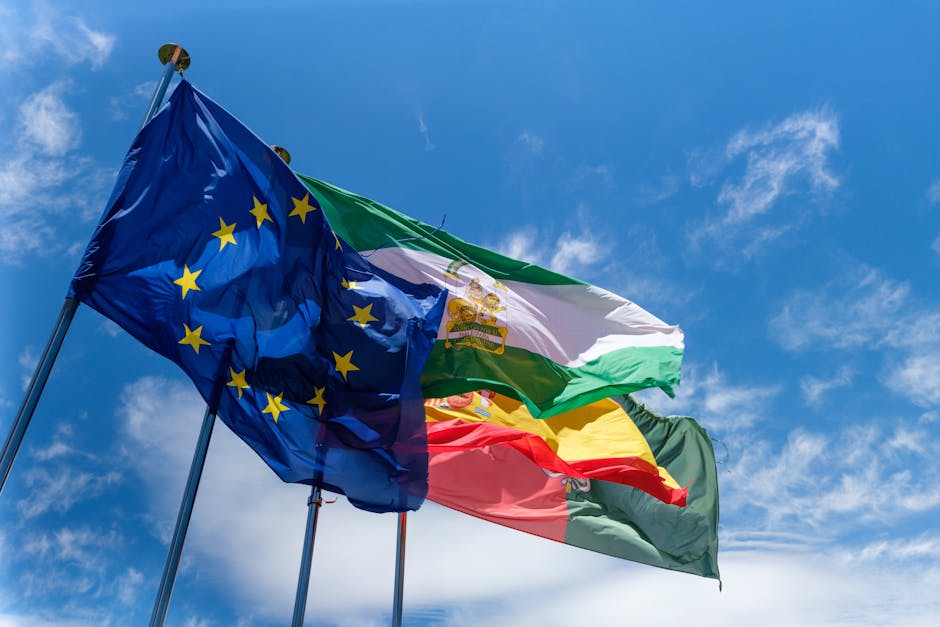Global governance, the complex interplay of international organizations, norms, and institutions aimed at managing interconnected global issues, faces a multitude of hurdles. These obstacles stem from diverse sources, ranging from the inherent limitations of international cooperation to the persistent power imbalances within the international system. Understanding these challenges is crucial for appreciating the complexities of global problem-solving in the 21st century.
A foundational challenge lies in the very nature of global governance itself. It lacks a centralized authority comparable to a national government. Decisions must be reached through consensus-building, a process often protracted and susceptible to the influence of powerful actors. This decentralized approach, while theoretically democratic, can lead to gridlock and inefficacy, especially when dealing with urgent global crises. The absence of a universal legal framework further complicates matters. While international law exists, its enforcement mechanism is often weak, making it susceptible to manipulation by states with significant economic or military power.
Another significant obstacle is the persistent tension between state sovereignty and global cooperation. Nation-states, the fundamental units of the international system, are inherently driven by national interests. Such self-interest frequently clashes with the collective good, hindering the development and implementation of effective global policies. Compromises become necessary, but these can often be perceived as detrimental to national interests, fueling resistance to shared solutions. This is particularly evident in areas like climate change, where the economic costs of transitioning to sustainable practices can be perceived as disproportionately high for individual countries. Furthermore, the potential for loss of national control over resources or policies often motivates resistance to multilateral agreements.
Power imbalances, a persistent feature of international relations, further complicate global governance. A handful of powerful nations often wield significant influence within international organizations and forums. This can result in decisions that disproportionately benefit certain states, creating resentment and distrust among others. A notable example is the representation and voting structure within international financial institutions. The power dynamics in these organizations can affect their ability to address the needs of developing countries equitably. Moreover, the uneven distribution of resources and technological advancements often exacerbates the existing power imbalances, hindering the equitable global governance needed to address pressing issues.
The fragmentation of global governance structures is another critical issue. While international organizations attempt to address diverse global challenges, the overlapping and often competing mandates of these bodies can lead to confusion and inefficacy. A complex web of treaties, agreements, and institutions can create a sense of disorganization, making it difficult to coordinate efforts effectively. This lack of a unified approach makes it harder to tackle multifaceted problems like pandemics or global economic crises. Different entities focus on aspects of the problem but lack the overall strategy needed for a unified solution.
Furthermore, the rise of new global challenges presents unique obstacles. Globalization, while promoting interdependence, has also increased the risks of transnational crimes, terrorism, and pandemics. Responding effectively to these threats necessitates a high level of international cooperation, often requiring the sharing of sensitive information and the coordination of security policies across numerous jurisdictions. However, this cooperation can be complicated by national security concerns and varying levels of trust among states, hindering swift and effective responses. The evolving nature of global challenges demands a dynamic and adaptable global governance framework that can keep pace with the shifting landscape.
Political and ideological differences can also create substantial roadblocks to global governance. Divergent values and priorities among nations can make it difficult to achieve consensus on key issues. For example, differing views on human rights or economic policies can hinder the development of unified approaches. Furthermore, the spread of misinformation and the influence of populist ideologies can erode trust in international institutions and create obstacles to cooperative action. These political divisions may well limit the effectiveness of global governance efforts, especially in addressing complex and controversial topics.
Building trust and fostering effective communication channels between states and global institutions remains a key challenge. Transparency, accountability, and participation are crucial to building a robust and legitimate global governance system. Increased efforts to involve civil society organizations and diverse stakeholders in policy-making processes could help ensure that the interests of various groups are taken into account, boosting participation. International dialogue and diplomacy play a crucial role in mitigating conflicts and fostering cooperation.
In conclusion, the challenges of global governance are multifaceted and complex. They encompass the inherent difficulties of decentralized decision-making, power imbalances, fragmented institutions, and the evolving nature of global challenges. Addressing these obstacles requires a concerted effort to strengthen international cooperation, foster trust and dialogue, enhance transparency and accountability within global institutions, and adapt governance frameworks to address the changing realities of the 21st century. Only through sustained engagement and innovative solutions can we navigate the labyrinthine path towards a more effective and just global order.






